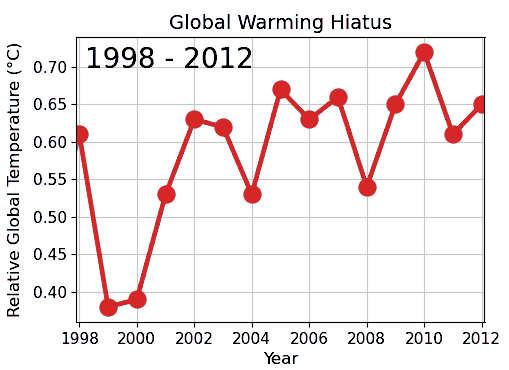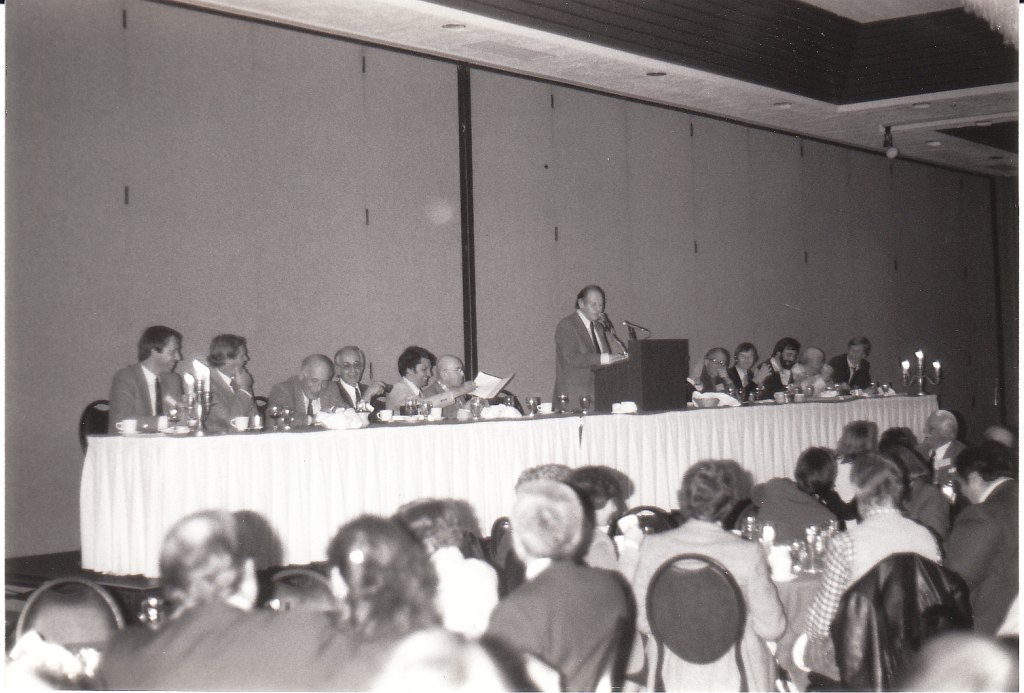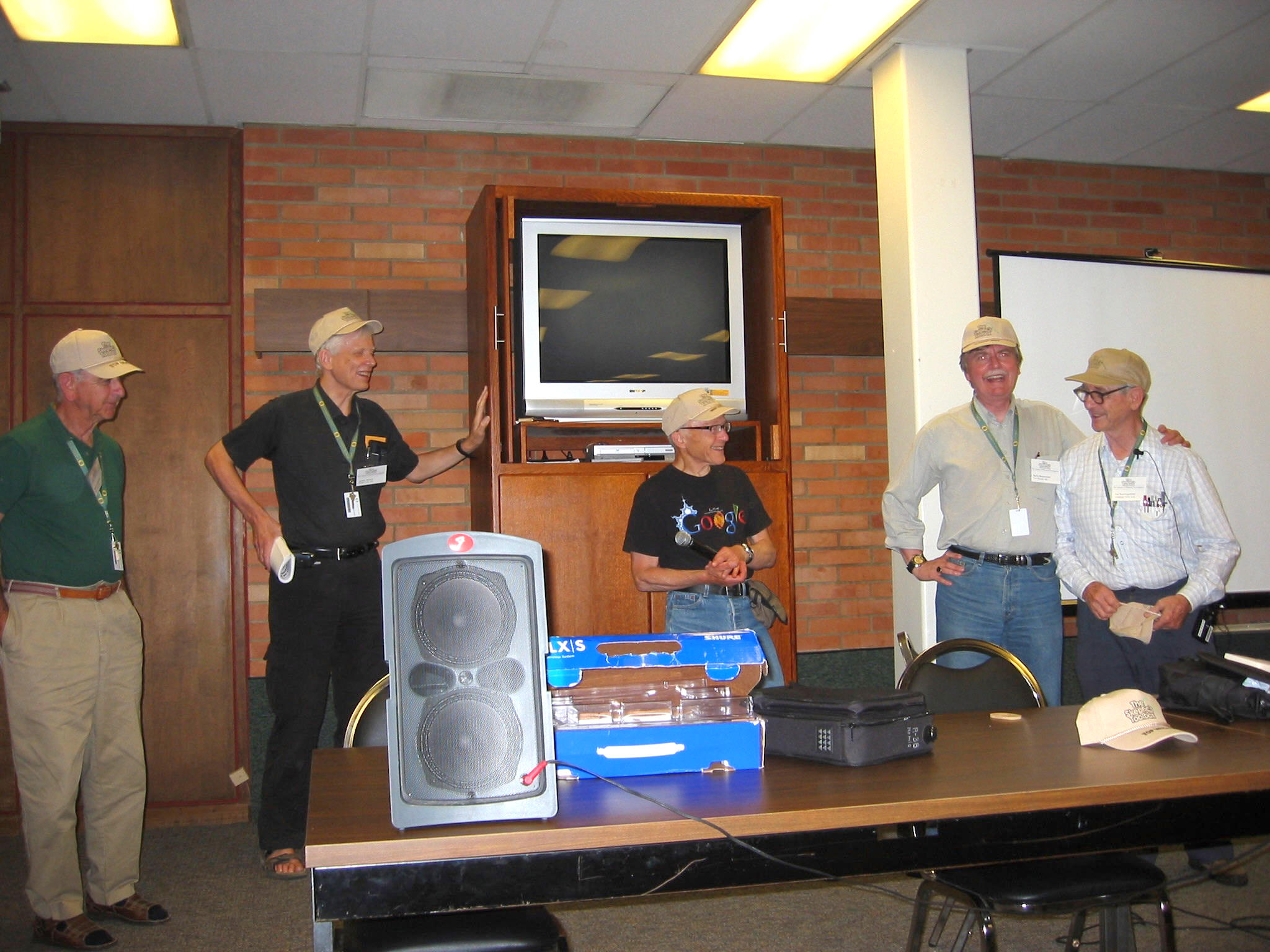|
Raymond Moody
Raymond A. Moody Jr. (born June 30, 1944) is an American philosopher, psychiatrist, physician and author, most widely known for his books about afterlife and near-death experiences (NDE), a term that he coined in 1975 in his best-selling book '' Life After Life''. His research purports to explore what happens when a person dies. He has widely published his views on what he terms near-death-experience psychology. Early life and education Moody was born in Porterdale, Georgia, the son of an agnostic surgeon. He earned a BA (1966), an M.A. (1967) and a PhD (1969) in philosophy from the University of Virginia. He also obtained a PhD in psychology from the University of West Georgia, then known as West Georgia College, where he later became a professor in the topic. In 1976, he received an M.D. from the Medical College of Georgia. Career Early career After obtaining his M.D., Moody worked as a forensic psychiatrist in a maximum-security Georgia state hospital. In 1998, Moody was ... [...More Info...] [...Related Items...] OR: [Wikipedia] [Google] [Baidu] |
:Template:Infobox Writer/doc
Infobox writer may be used to summarize information about a person who is a writer/author (includes screenwriters). If the writer-specific fields here are not needed, consider using the more general ; other infoboxes there can be found in :People and person infobox templates. This template may also be used as a module (or sub-template) of ; see WikiProject Infoboxes/embed for guidance on such usage. Syntax The infobox may be added by pasting the template as shown below into an article. All fields are optional. Any unused parameter names can be left blank or omitted. Parameters Please remove any parameters from an article's infobox that are unlikely to be used. All parameters are optional. Unless otherwise specified, if a parameter has multiple values, they should be comma-separated using the template: : which produces: : , language= If any of the individual values contain commas already, add to use semi-colons as separators: : which produces: : , ps ... [...More Info...] [...Related Items...] OR: [Wikipedia] [Google] [Baidu] |
Psychomanteum
In parapsychology and spiritualism, a psychomanteum is a small, enclosed area set up with a comfortable chair, dim lighting, and a mirror angled so as not to reflect anything but darkness intended to communicate with spirits of the dead. History The psychomanteum was popularized by Raymond Moody, originator of the term near-death experience,Raymond Moody. 1975. ''Life After Life''. Mockingbird. in his 1993 book, ''Reunions: Visionary Encounters with Departed Loved Ones''. Raymond Moody believed the psychomanteum was useful as a tool to resolve grief. The chamber was kept darkened and illuminated only by a candle or a dim light bulb. Subjects gaze into the reflected darkness hoping to see and make contact with spirits of the dead. Moody compared the psychomanteum to the Greek Necromanteion, and said its function was a form of scrying. See also * Catoptromancy References External links"Experiencing the Psychomanteum"- Joe Nickell Joe Nickell (born December 1, 1944) is an Amer ... [...More Info...] [...Related Items...] OR: [Wikipedia] [Google] [Baidu] |
Cardiac Arrest
Cardiac arrest is when the heart suddenly and unexpectedly stops beating. It is a medical emergency that, without immediate medical intervention, will result in sudden cardiac death within minutes. Cardiopulmonary resuscitation (CPR) and possibly defibrillation are needed until further treatment can be provided. Cardiac arrest results in a rapid loss of consciousness, and breathing may be abnormal or absent. While cardiac arrest may be caused by heart attack or heart failure, these are not the same, and in 15 to 25% of cases, there is a non-cardiac cause. Some individuals may experience chest pain, shortness of breath, nausea, an elevated heart rate, and a light-headed feeling immediately before entering cardiac arrest. The most common cause of cardiac arrest is an underlying heart problem like coronary artery disease that decreases the amount of oxygenated blood supplying the heart muscle. This, in turn, damages the structure of the muscle, which can alter its function. ... [...More Info...] [...Related Items...] OR: [Wikipedia] [Google] [Baidu] |
Cherry Picking
Cherry picking, suppressing evidence, or the fallacy of incomplete evidence is the act of pointing to individual cases or data that seem to confirm a particular position while ignoring a significant portion of related and similar cases or data that may contradict that position. Cherry picking may be committed intentionally or unintentionally. The term is based on the perceived process of harvesting fruit, such as cherries. The picker would be expected to select only the ripest and healthiest fruits. An observer who sees only the selected fruit may thus wrongly conclude that most, or even all, of the tree's fruit is in a likewise good condition. This can also give a false impression of the quality of the fruit (since it is only a sample and is not a representative sample). A concept sometimes confused with cherry picking is the idea of gathering only the fruit that is easy to harvest, while ignoring other fruit that is higher up on the tree and thus more difficult to obtain (see ... [...More Info...] [...Related Items...] OR: [Wikipedia] [Google] [Baidu] |
Robert Todd Carroll
Robert Todd Carroll (May 18, 1945 – August 25, 2016) was an American author, philosopher and academic, best known for The Skeptic's Dictionary. He described himself as a naturalist, an atheist, a materialist, a metaphysical libertarian, and a positivist. In 2010 he was elected a fellow of the Committee for Skeptical Inquiry. He was a professor of philosophy at Sacramento City College from 1977 until his retirement in 2007. Life Carroll was born in Joliet, Illinois, on May 18, 1945. His father worked in a coal processing plant. In 1954 the family moved to San Diego, where Carroll grew up. He described his early years in Ocean Beach as an ideal childhood. He was raised Catholic. Carroll went to the University of San Diego High School and then received a Catholic education from the University of Notre Dame The University of Notre Dame du Lac, known simply as Notre Dame ( ) or ND, is a private Catholic university, Catholic research university in Notre Dame, Indiana, ou ... [...More Info...] [...Related Items...] OR: [Wikipedia] [Google] [Baidu] |
Paul Kurtz
Paul Kurtz (December 21, 1925 – October 20, 2012) was an American scientific skeptic and Secular humanism, secular humanist. He has been called "the father of secular humanism". He was Professor Emeritus of Philosophy at the University at Buffalo, The State University of New York, State University of New York at Buffalo, having previously also taught at Vassar, Trinity, and Union colleges, and the New School for Social Research. Kurtz founded the publishing house Prometheus Books in 1969. He was also the founder and past chairman of the Committee for Skeptical Inquiry (CSI, formerly the ''Committee for the Scientific Investigation of Claims of the Paranormal'', CSICOP), the Council for Secular Humanism, and the Center for Inquiry. He was editor in chief of ''Free Inquiry'' magazine, a publication of the Council for Secular Humanism. He was co-chair of the International Humanist and Ethical Union (IHEU) from 1986 to 1994. He was a Fellow of the American Association for the Adva ... [...More Info...] [...Related Items...] OR: [Wikipedia] [Google] [Baidu] |
Terence Hines
Terence Hines (born 22 March 1951) is a professor of psychology at Pace University, New York, and adjunct professor of neurology at the New York Medical College; he is also a science writer. Hines has a BA from Duke University, and an MA and PhD from the University of Oregon. A fellow of the Committee for Skeptical Inquiry, Hines is the author of ''Pseudoscience and the Paranormal'' which focuses on the fields of pseudoscience and the paranormal in the United States. He has also, controversially, authored papers expressing doubts about the existence of the G-spot. ''Pseudoscience and the Paranormal'' Hines is the author of the book ''Pseudoscience and the Paranormal'', which mostly focuses on pseudoscience and the paranormal in the United States. He distinguishes pseudoscience from science by describing it as a hypothesis inconsistent with the known laws of physics, but one which cannot be falsified. In his book, Hines argues that pseudoscience tends not to be updated in the ... [...More Info...] [...Related Items...] OR: [Wikipedia] [Google] [Baidu] |
Paranormal
Paranormal events are purported phenomena described in popular culture, folk, and other non-scientific bodies of knowledge, whose existence within these contexts is described as being beyond the scope of normal scientific understanding. Notable paranormal beliefs include those that pertain to extrasensory perception (for example, telepathy), spiritualism and the pseudosciences of ghost hunting, cryptozoology, and ufology. Proposals regarding the paranormal are different from scientific hypotheses or speculations extrapolated from scientific evidence because scientific ideas are grounded in empirical observations and experimental data gained through the scientific method. In contrast, those who argue for the existence of the paranormal explicitly do not base their arguments on empirical evidence but rather on anecdote, testimony, and suspicion. The standard scientific models give the explanation that what appears to be paranormal phenomena is usually a misinterpretation, mi ... [...More Info...] [...Related Items...] OR: [Wikipedia] [Google] [Baidu] |
James Alcock
James E. Alcock (born 24 December 1942) is a Canadian educator. He has been a Professor of Psychology at York University (Canada) since 1973. Alcock is a noted critic of parapsychology and is a Fellow and Member of the Executive Council for the Committee for Skeptical Inquiry. He is a member of the Editorial Board of ''The Skeptical Inquirer'', and a frequent contributor to the magazine. He has also been a columnist for ''Humanist Perspectives'' Magazine. In 1999, a panel of skeptics named him among the two dozen most outstanding skeptics of the 20th century. In May 2004, CSICOP awarded Alcock CSI's highest honor, the In Praise of Reason Award. Alcock is also an amateur magician and is a member of the International Brotherhood of Magicians. As of 2020, he is currently on leave from York University. Early life Alcock has stated that he grew up in an observant Protestant household and regularly went to Sunday school. His mother was "very religious" and his father, though not out ... [...More Info...] [...Related Items...] OR: [Wikipedia] [Google] [Baidu] |
Kendrick Frazier
Kendrick Crosby Frazier (March 19, 1942 – November 7, 2022) was an American science writer and longtime editor of ''Skeptical Inquirer'' magazine. He was also a former editor of '' Science News'', author or editor of ten books, and a Fellow of the American Association for the Advancement of Science (AAAS). He was a fellow and a member of the executive council of Committee for Skeptical Inquiry (CSI), an international organization which promotes scientific inquiry. Frazier wrote extensively about a variety of science topics including astronomy, space exploration, the earth and planetary sciences, archaeology, technology, the history and philosophy of science, public issues of science, and the critical examination of pseudoscience and fringe science. Personal life Frazier received a B.A. in Journalism from the University of Colorado and a M.S. in Journalism from Columbia University. He was a member of the National Association of Science Writers and the American Geophysical Un ... [...More Info...] [...Related Items...] OR: [Wikipedia] [Google] [Baidu] |
Barry Beyerstein
Barry L Beyerstein (May 19, 1947 – June 25, 2007) was a scientific skeptic and professor of psychology at Simon Fraser University in Burnaby, British Columbia. Beyerstein's research explored brain mechanisms of perception and consciousness, the effects of drugs on the brain and mind, sense of smell and its lesser-known contributions to human cognition and emotion. He was founder and chair of the BC Skeptics Society, a Fellow and member of the Executive Council of the Committee for the Scientific Investigation of Claims of the Paranormal (CSICOP), now known as the Committee for Skeptical Inquiry. Associate editor of the '' Scientific Review of Alternative Medicine'' Journal as well as a contributor to ''Skeptical Inquirer'', Beyerstein was one of the original faculty of CSICOP's Skeptic's Toolbox. Beyerstein was a co-founder of the Canadians for Rational Health Policy and a member of the advisory board of the Drug Policy Foundation of Washington D.C. He was a founding board me ... [...More Info...] [...Related Items...] OR: [Wikipedia] [Google] [Baidu] |
Reincarnation
Reincarnation, also known as rebirth or transmigration, is the philosophical or religious concept that the non-physical essence of a living being begins a new life in a different physical form or body after biological death. Resurrection is a similar process hypothesized by some religions, in which a soul comes back to life in the same body. In most beliefs involving reincarnation, the soul is seen as immortal and the only thing that becomes perishable is the body. Upon death, the soul becomes transmigrated into a new infant (or animal) to live again. The term transmigration means passing of soul from one body to another after death. Reincarnation (''Punarjanma'') is a central tenet of the Indian religions such as Buddhism, Hinduism, Jainism, and Sikhism; as well as certain Paganist religious groups, although there are Hindu and Buddhist groups who do not believe in reincarnation, instead believing in an afterlife. In various forms, it occurs as an esoteric belief in many s ... [...More Info...] [...Related Items...] OR: [Wikipedia] [Google] [Baidu] |






